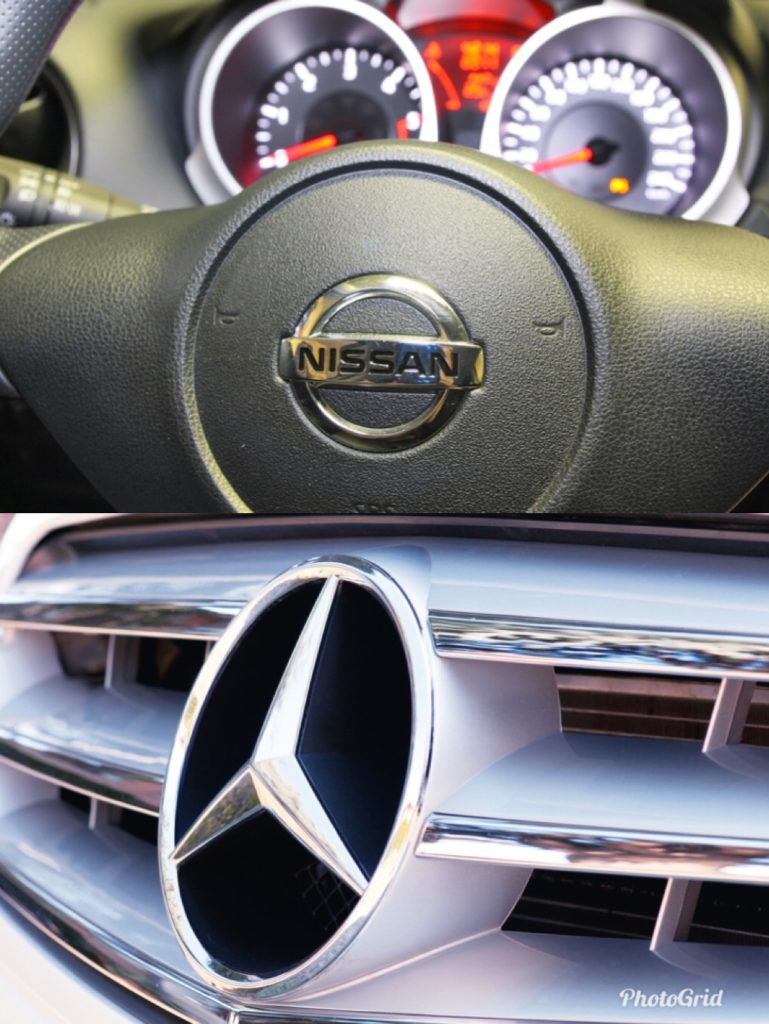Within days of each other, Mercedes and Nissan debuted new fully electric vehicles to directly compete with Tesla in the zero emissions car market. While both companies look to take on Tesla, they’re going about it in different ways.
Nissan Tests an Economical Price Point
Nissan’s electric vehicle, the Sylphy Zero Emission, will be initially launched in China with Nissan’s Chinese partner, Dongfeng Motor Group. Seen as a means of combating the country’s heavy smog problems, the car is likely to cost approximately $26,000 to give consumers an economical option for stylish, powerful electric vehicles. Dongfeng has been producing cars for Nissan in China for upwards of 15 years, giving the Japanese automaker a reliable foothold in the biggest automobile market in the world. The partners intend to develop upwards of 20 models of electric vehicles over the next five years, a handful of which will be economically priced like the Sylphy ZE.
Mercedes Goes for Luxury
Mercedes-Benz, on the other hand, is staying true to their brand identity by introducing the EQC, an upscale electric SUV intended to compete with Tesla’s luxury models. The 4-wheel drive EQC will be available in the United States in 2020, with production starting in Germany before spreading to China and Alabama. One concern about the vehicle is its ability to travel far distances on one battery charge, potentially falling short of other luxury electric SUVs on the market. Given the company’s brand recognition and the fact that battery power issues are an industry-wide concern, it’s likely the Mercedes brand will play a large role in attracting new buyers.
Announcements from Nissan and Mercedes-Benz are just the tip of the EV iceberg. Other large automakers, including General Motors and Volkswagen, intend to introduce a range of electric vehicles such as sedans, SUVs and minivans. GM plans to have hybrid or electric models of all its Buick, Cadillac and Chevrolet vehicles on the market by 2025. The market will get quite crowded in a few short years after that, with BMW, Audi, Ford and Hyundai also looking to make a splash in the luxury EV market soon.
Do you see the EV market continuing to lean towards luxury does it need to move into economical pricing before it will take off as a viable alternative to fuel-powered vehicles? Let us know in the comments below.
